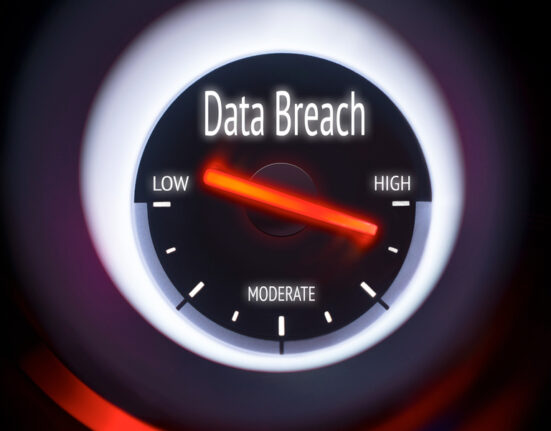Germany’s recent actions have sparked controversy as the European Union sanctions a media founder for covering the country’s crackdown on pro-Palestine sentiments.
This move is seen as Germany dragging the rest of Europe into what some view as a resurgence of fascism..
This development raises concerns about freedom of speech and democracy within the European Union.
The targeting of media professionals reporting on Germany’s handling of the Palestine issue has ignited debates about the limits of press freedom in the region.
The implications of these sanctions extend beyond the individual affected, highlighting broader challenges to independent journalism and the protection of human rights..
In an African context, where press freedom is often under threat, this situation in Europe serves as a reminder of the importance of upholding the rights of journalists to report without fear of reprisal.
The parallels between the crackdown on media coverage in Europe and similar challenges faced by African journalists emphasize the global significance of protecting freedom of expression..
As Germany’s actions continue to draw criticism and spark debates within the EU and beyond, the future outlook remains uncertain.
The impact of these sanctions on the media landscape and the broader implications for democratic principles in Europe will likely be closely monitored by international observers.
This incident may prompt further discussions on the balance between national security concerns and the fundamental rights of journalists..









Leave feedback about this